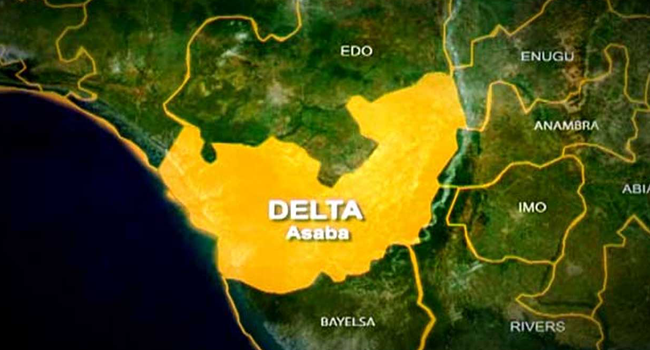The tranquility of the Ogbeani community in Ndokwa West Local Government Council, Delta State, has been disrupted by a simmering discontent among local workers employed by a Liquefied Petroleum Gas (LPG) company operating within their ancestral lands. These workers, feeling exploited and marginalized, have appealed to Governor Sheriff Oborevwori to intervene in their plight, alleging mistreatment and a breach of agreements by the LPG company’s management. At the heart of their grievances lies the absence of formal employment contracts, leaving them vulnerable to arbitrary hiring and firing practices, and a stark disparity in treatment compared to their non-local colleagues. This situation has sparked accusations of deliberate negligence and a calculated attempt to exploit the very people whose land sustains the company’s operations.
Central to the workers’ claims is the assertion that the LPG company has disregarded a Memorandum of Understanding (MoU) signed with the Ogbeani community, a document intended to safeguard their interests and ensure equitable participation in the company’s activities. The MoU, signed in 2021 between Ashtavinayak Hydrocarbon Limited, the owners of the LPG project, and representatives of the Ogbeani community, stipulated a framework for community engagement, job allocation, and revenue sharing. Specifically, the MoU outlined a 15 percent allocation of benefits to the community, encompassing women, youth, and community-designated representatives. Furthermore, it mandated a transparent and equitable mechanism for distributing job opportunities among registered community contractors. The workers contend that the company has flagrantly violated these provisions, leading to a sense of betrayal and injustice within the community.
The workers, represented by their legal counsel, I. O. Omoyibo & Co, have formally communicated their grievances to Governor Oborevwori in a letter dated October 30, 2024. This letter details their concerns, highlighting the lack of employment contracts, the arbitrary nature of hiring and firing practices, and the disparity in treatment between local workers and their counterparts from outside the community. The letter emphasizes that while non-local employees, particularly those employed through a Lagos-based manpower agency, enjoy clearly defined terms of service and benefits, the local workers are left in a precarious position, uncertain of their future and subject to the whims of the company’s management. This differential treatment, they argue, is a clear violation of the principles of fair labor practices and the spirit of the MoU.
Adding to their grievances is the company’s alleged failure to implement the new minimum wage for local workers, while their non-local counterparts reportedly receive the mandated compensation. This disparity in wages further exacerbates the sense of injustice and underscores the perceived disregard for the well-being of the local workforce. The workers contend that all attempts to resolve these issues amicably have been met with resistance from the company’s management, leaving them with no recourse but to seek the intervention of the state governor. Their plea to Governor Oborevwori is simple yet profound: provide them with formal employment contracts that outline their terms of service and ensure their welfare is adequately addressed.
The workers’ accusations paint a picture of a community feeling exploited and marginalized by a company operating within its territory. They allege that the company’s actions are not merely a matter of oversight but a deliberate strategy to keep the Ogbeani people in a subservient position. This alleged exploitation, they argue, contradicts the spirit of partnership and mutual benefit that should underpin the relationship between a company and the host community. The workers’ call for the governor’s intervention reflects a deep-seated frustration and a desire for justice, fairness, and respect for their rights as workers and members of the community.
This brewing conflict highlights the complex dynamics that can arise between extractive industries and the communities in which they operate. The allegations raised by the Ogbeani workers underscore the importance of adhering to agreements, ensuring fair labor practices, and fostering a respectful and mutually beneficial relationship between companies and host communities. The governor’s response to this appeal will be closely watched, as it has the potential to set a precedent for how such disputes are addressed in the future and could significantly impact the relationship between industrial development and community well-being in Delta State. As of the time of this report, the LPG company’s management has not responded to requests for comment, leaving the workers’ concerns unanswered and the situation unresolved.














